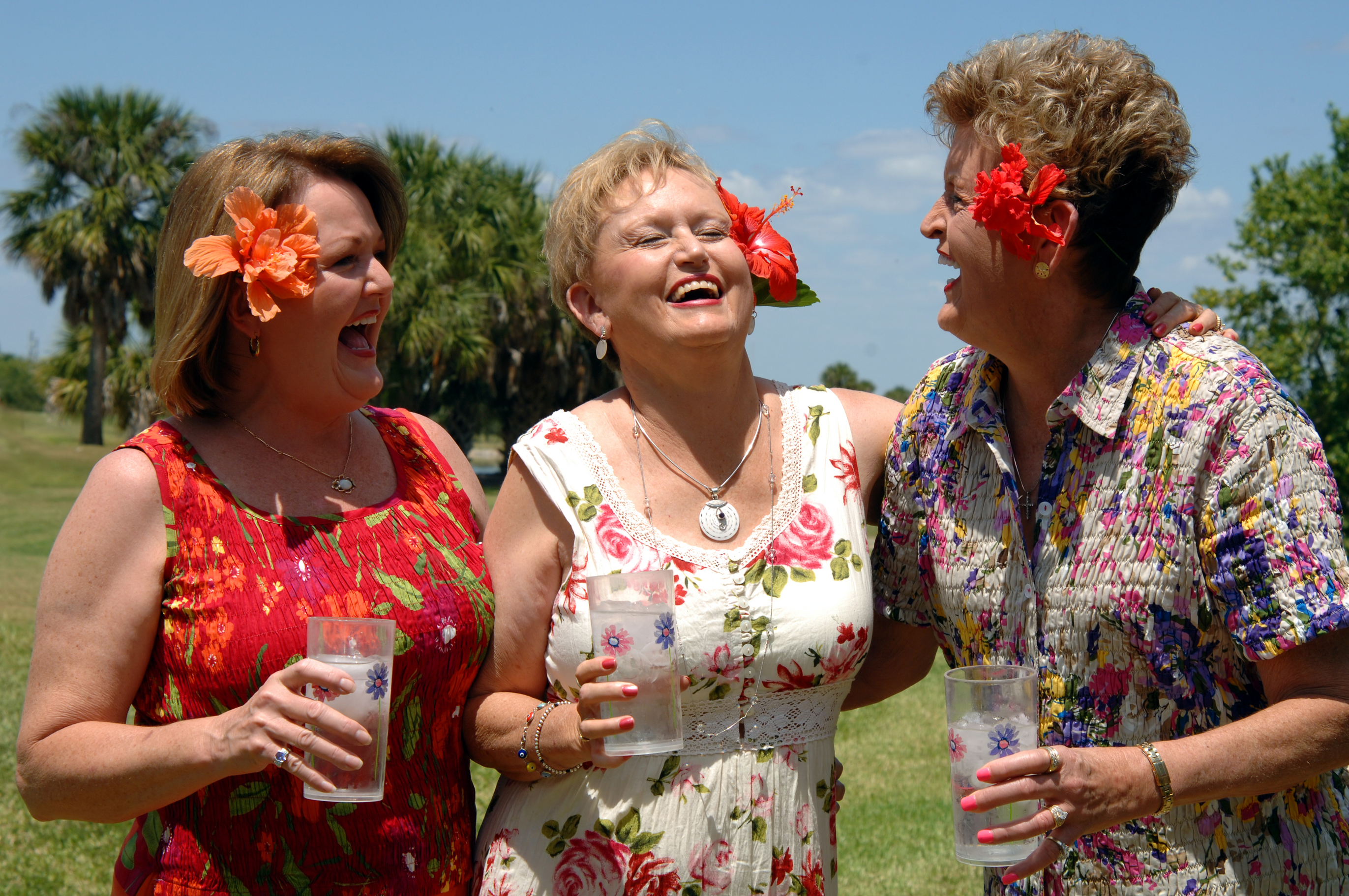Want Better Brains? Party!

Visiting friends, attending parties, and even going to church might be just as good for your brain as crossword puzzles, new research suggests.
Frequent social activity may help to prevent or delay cognitive decline in old age, the study found.
The researchers aimed to rule out the possibility that cognitive decline precedes, or causes, social isolation, and not the reverse.
"It's logical to think that when someone's cognitive abilities break down, they are less likely to go out and meet friends, enjoy a camping trip, or participate in community clubs. If memory and thinking capabilities fail, socializing becomes difficult," said lead researcher Bryan James at the Rush Alzheimer's Disease Center. "But our findings suggest that social inactivity itself leads to cognitive impairments."
The study included 1,138 older adults with a mean age of 80 who are participating in the Rush Memory and Aging Project, an ongoing longitudinal study of common chronic conditions of aging. They each underwent yearly evaluations that included a medical history and neuropsychological tests.
Social activity was measured based on a questionnaire that asked participants whether, and how often, in the previous year they had engaged in activities that involve social interaction—for example, whether they went to restaurants, sporting events or the teletract (off-track betting) or played bingo; went on day trips or overnight trips; did volunteer work; visited relatives or friends; participated in groups such as the Knights of Columbus; or attended religious services.
Cognitive function was assessed using a battery of 19 tests for various types of memory (episodic, semantic and working memory), as well as perceptual speed and visuospatial ability.
Get the world’s most fascinating discoveries delivered straight to your inbox.
At the start of the investigation, all participants were free of any signs of cognitive impairment. Over an average of five years, however, those who were more socially active showed reduced rates of cognitive decline. On average, those who had the highest levels of social activity (the 90th percentile) experienced only one quarter of the rate of cognitive decline experienced by the least socially active individuals.
It's possible "social activity challenges older adults to participate in complex interpersonal exchanges, which could promote or main efficient neural networks in a case of 'use it or lose it,'" James said.
The study was published online by the Journal of the International Neuropsychological Society.

